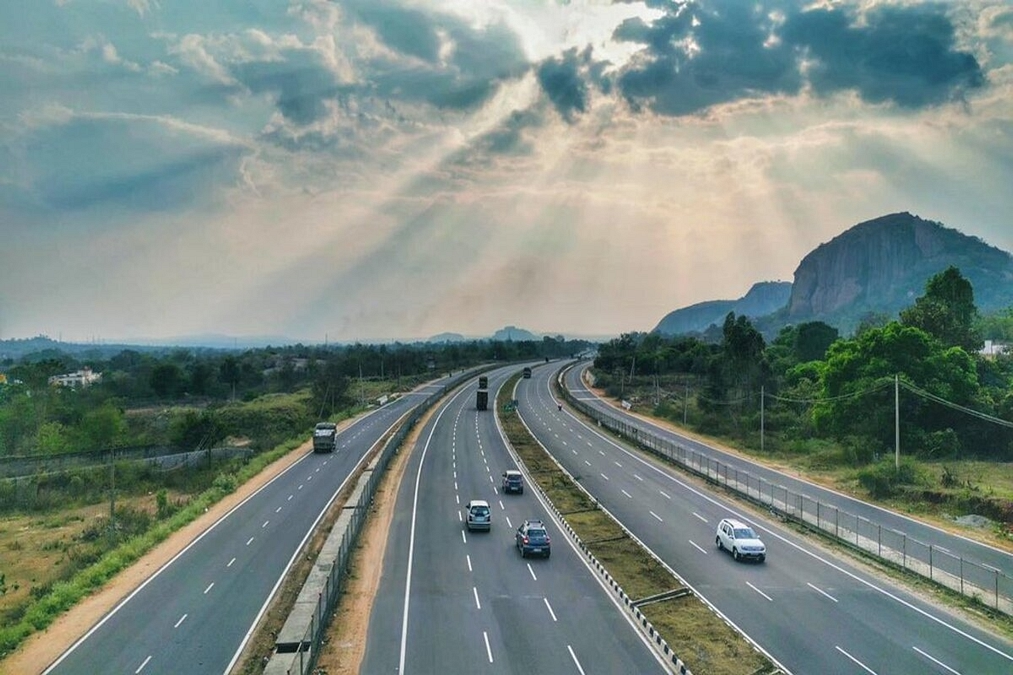The Karnataka government has taken decisive action to address the stagnation of the Bengaluru Business Corridor (BBC), formerly known as the Peripheral Ring Road (PRR), which has been plagued by land acquisition challenges since its inception. During a recent cabinet meeting, officials announced the scrapping of a previous government order and the introduction of new guidelines aimed at enhancing compensation for landowners, a significant step to alleviate the hurdles that have stalled this crucial infrastructure project.
Landowners have largely been reluctant to accept the government’s initial compensation offers, primarily due to discrepancies in the guidance value—essentially, the minimum selling price of land determined by the state—which varies significantly across different localities. Recognising these concerns, the cabinet’s proposal allows for enhanced compensation under the Land Acquisition Act of 1994, following negotiations with landowners based on specific guidance values for their respective villages. In addition, landowners will now have the option to receive compensation via Transfer of Development Rights (TDR), providing a more flexible approach that could incentivise participation.
The BBC is designed as a sprawling 73-kilometre, eight-lane access-controlled expressway aimed at alleviating the chronic traffic congestion plaguing Bengaluru. Despite its potential to significantly improve connectivity and economic productivity in the region, progress has been slow; only a mere 3.2 acres of the required 2,560 acres have been acquired since the Bangalore Development Authority (BDA) first proposed the project in 2015. The urgency to expedite the project has been reiterated by the Deputy Chief Minister, who has made it a personal priority since assuming office last year, emphasizing the need for innovative strategies to overcome the ongoing land acquisition impasse.
From a sustainability perspective, the BBC represents not only an infrastructural upgrade but also a potential model for eco-friendly urban development. By promoting a robust transport system, the project could reduce reliance on personal vehicles, thereby lowering carbon emissions and enhancing air quality in the burgeoning city. Furthermore, engaging local communities in the planning and execution phases could foster sustainable land use practices that protect green spaces while accommodating necessary development. As Bengaluru grapples with rapid urbanisation, ensuring that projects like the BBC are carried out with environmental sustainability in mind will be crucial for the city’s long-term health and livability.


